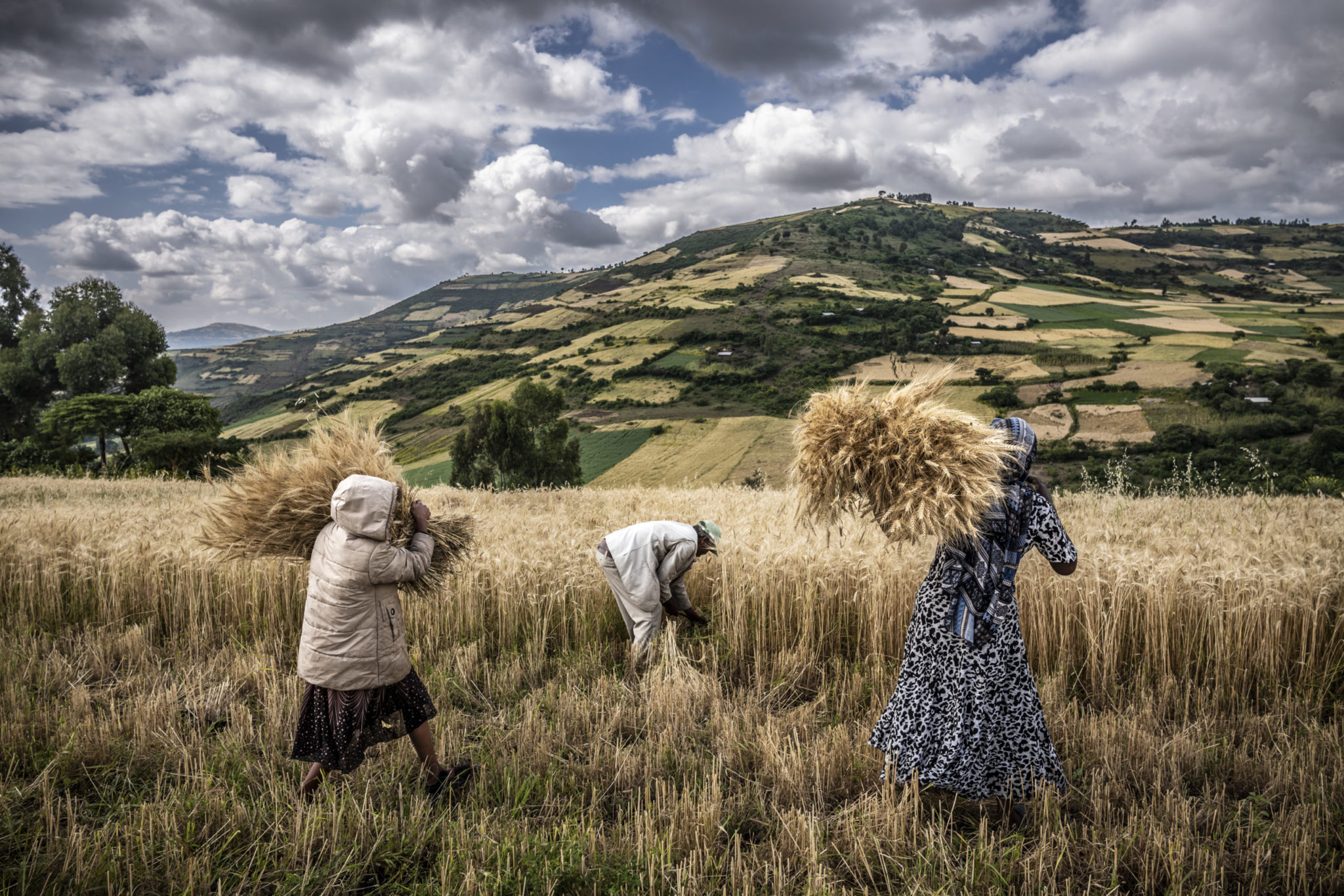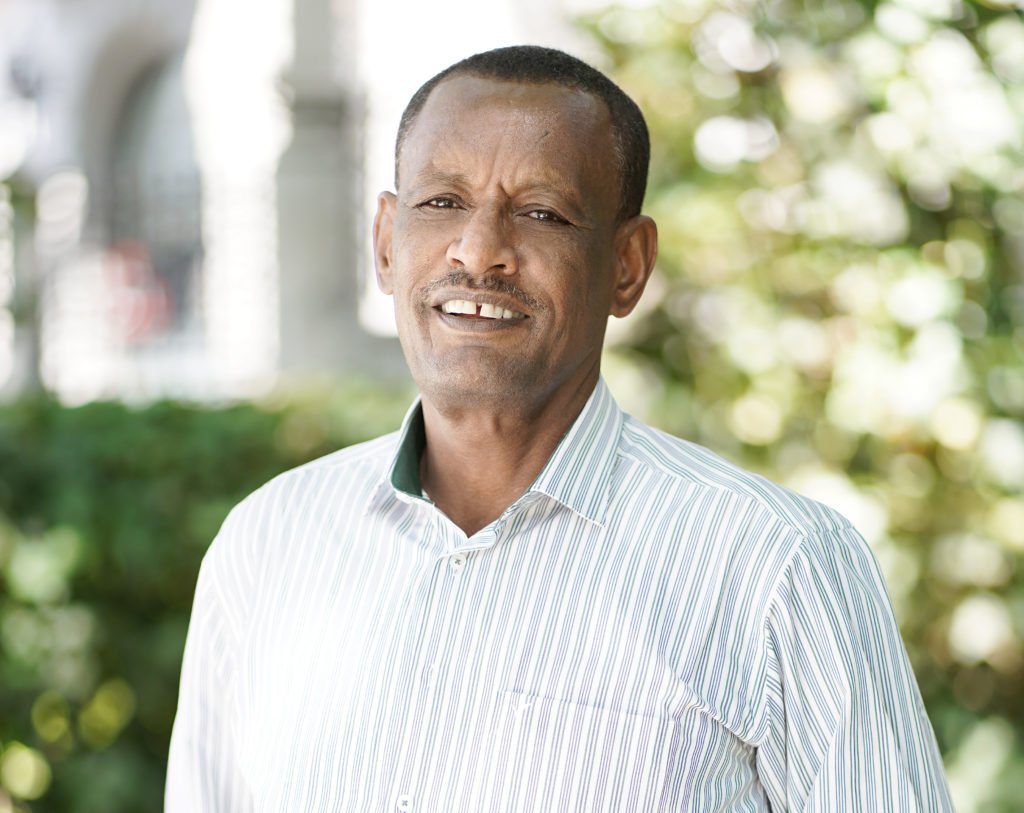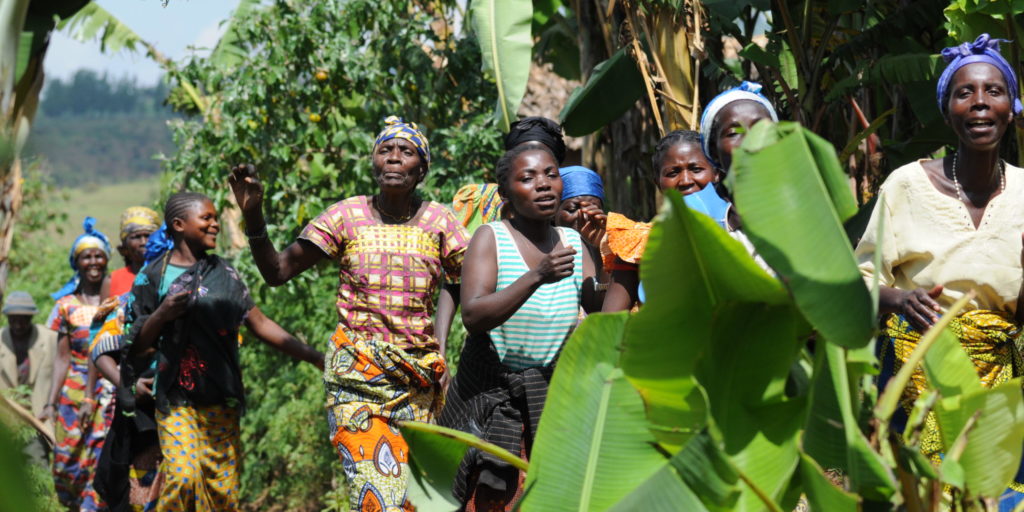
31 May 2024
Sustainable food policy in Ethiopia: a proposal put to the government by civil society

In Ethiopia, where a large proportion of the population suffers from malnutrition, civil society organisations have drawn up a policy proposal for a sustainable food system. The coordinator of Humundi’s programmes in Ethiopia takes a look at this attempt to improve the policy framework.

SORSA DEBELA
Why was it necessary to create such a document ?
In Ethiopia, many people suffer from hunger because there are constant food shortages. Sometimes this is due to natural causes, such as drought, and other times it is a question of policy. The policies currently in place in Ethiopia are fragmented and can ensure neither food sovereignty nor a sustainable food system. What’s more, our agricultural system is in a very critical state. The health of our soils is declining due to overexploitation and poor farming practices such as the use of chemicals on the fields.
As a result, we are not producing enough food to feed our population. Many people suffer from various forms of malnutrition. For example, the rates of stunting, wasting and underweight among children are very high.
It’s really important to overcome these challenges and enable our people to feed themselves while making our farming system sustainable. This is why it has been decided to propose a comprehensive sustainable food system policy for the country.
Who produced this document ?
It is an initiative of the NGO Melca Ethiopia in partnership with various civil society organisations, such as PELUM-Ethiopia and ERSHA, which are also partners of Humundi. In this work, they have involved professionals in the field and numerous experts from several ministries and institutions, including the Ministry of Agriculture, the Ministry of Health and the Agricultural Research Institute. Members of Parliament were also involved in the discussions. So it’s a joint effort to identify the current problems and draw up this draft policy.
What are the aims of this proposal ?
The initiators of this document are convinced of the need for a comprehensive food policy that can help guarantee sustainability by improving soil health, preserving biodiversity and adopting all kinds of stability measures.
The aim is to achieve an agricultural system that is economically viable, ecologically safe and socially inclusive: a system in which soils are enriched and biodiversity preserved while meeting the needs of marginalised social groups, through an agro-ecological transition and a global, sustainable food system in which all citizens have the right to healthy food.
How was the work on this policy proposal carried out ?
The work began with an in-depth analysis of existing and missing food policies. The analysis was based on the country’s Constitution, environmental management policy, health policy, agricultural policy and other relevant documents.
The analysis revealed that everything was very fragmented. For example, agricultural policies do not take account of environmental policies, health and nutrition policy is not well coordinated with agricultural development policy, and so on. The initiative therefore consists of proposing a global food policy project.
What stage has this draft policy reached ?
For this policy to be ratified, there is a procedure to follow. It must be submitted to a responsible body, which examines it and brings it to the attention of the government. The initiators of this project have reached this stage: they have begun negotiations at ministerial level. If these discussions go well, the document will be brought to the attention of the Council of Ministers, which will then have to take a decision: approve the document as it stands, harmonise it with existing policies or reject it.
What are the chances of this document being approved by the government ?
This document is supported by several bodies: experts from several ministries, national institutions, civil society organisations and even members of the House of Representatives. It’s a very broad panel and the proposal should be accepted, if not totally, at least in part.
The initiators of this document hope that these concerns will be taken into account and incorporated into Ethiopian policies. They are genuinely convinced by the ideas put forward.
Would it be a big step for the country if this proposal were accepted ?
Yes, I think it would be a great step forward because this proposal addresses a number of problems. It is becoming increasingly urgent to take action to avoid food shortages, develop a sustainable agricultural system and achieve real food sovereignty.

